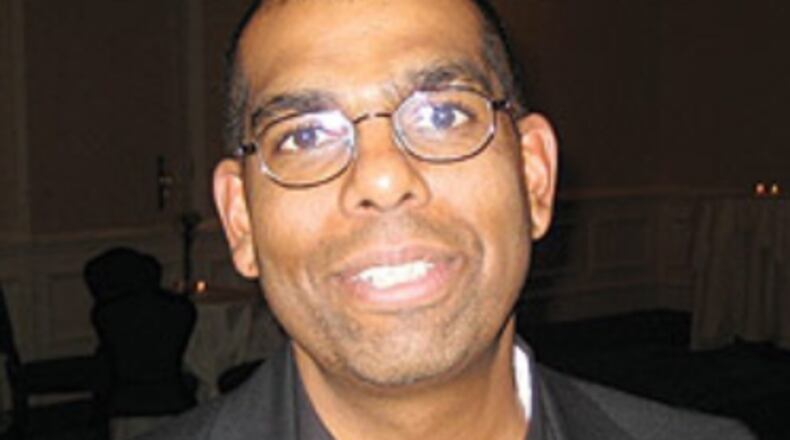All across our region, in Centerville, Kettering, Springboro, and more, voters returned incumbents to school boards and councils. They rejected the message of challengers who focused on masks, racial grievances via the manufactured critical race theory (CRT) controversy, and placed signs that said “conservative” on lawns throughout the area, hoping they could make a political point that would resonate.
Lee Hannah, an associate professor of political science at Wright State University, told me in an earlier interview that, in general, local elections are becoming more partisan. He noted that there’s clearly some opportunism going on as some candidates “drape themselves in the broader national politics rather than just individual local issues.”
We can learn a lot from this election. First, the echo chamber that plagues society as a whole also affects candidates for local office. Those candidates receive encouragement from those in their silo, who have the same belief systems. So it makes sense that candidates angry over masks in school, who fear CRT, or show up furious at local board meetings think they have the formula to win an election.
They did not. Poll after poll shows a solid majority of parents (six in 10) support masks in schools and learning about slavery and the continued impact of racism.
So the recipe for winning became akin to making a cake without baking powder --- it fell flat. While the echo chamber makes the most noise, the quiet majority had another message that the challengers failed to recognize.
Keep ideology out of local races.
There’s also another factor. The community at large has had it with bad behavior. That anger displayed at school board meetings turned off suburban moms, according to Republican pollster Christine Matthews. She told NPR in its look at the Centerville school board race: “Swing women tell me that they hate almost more than anything right now is the division between people in our country, the fights.”
The yelling, screaming, and even threats don’t get anyone anywhere. Going to homes and harassing candidates or damaging their property — as candidates reported in the Centerville school board race — shows despicable behavior. Badgering a business owner because you don’t agree with the election sign he legally placed on his property shows a tremendous lack of decorum and character.
People can respectfully disagree within the parameters of civility. The community has spoken and told us all that a child’s education, public safety issues, and whether we fund our libraries are not right or left issues. These local boards are not political bodies. If you have a problem with a board’s decision, go to the meeting or meet with your elected officials. Rally your neighbors in support of your position. Protest. Run for office with the focus of representing your community, not your own narrow self-interest.
Hannah added that while some voters might see a story about CRT and become concerned, “but then their concerns are not legitimated by what they see in their own community. I think it does show that voters can distinguish between a national talking point and what they observe happening locally.”
We’ve seen, at least in this cycle, that injecting any political identifier does more harm than good otherwise communities would have rallied around those candidates.
They did not. Instead, communities made clear what matters most — educating our children, coming home to a safe neighborhood, and engaging in a respectful way, even when we don’t agree and can’t get our way.
“I think our discourse has gotten really problematic where being right all the time, or scoring points all the time, it’s become damaging to the nature of our communities,” Arthur Jipson, an associate professor of sociology at the University of Dayton, said.
I talked to Jipson in preparation for a future column on hate and why people seem to despise each other so much. But his point on how such behavior damages a community’s fabric is a good one.
We’ve done enough damage already and I hope that moving forward, future local candidates learn the lesson of 2021. I also hope that those who have behaved badly somehow make amends to the people they’ve mistreated with their fury. Democracy has spoken and our communities message can be boiled down into two words:
Stop it.
Ray Marcano is a long-time journalist whose column appears on these pages each Sunday. He can be reached at raymarcanoddn@gmail.com.

